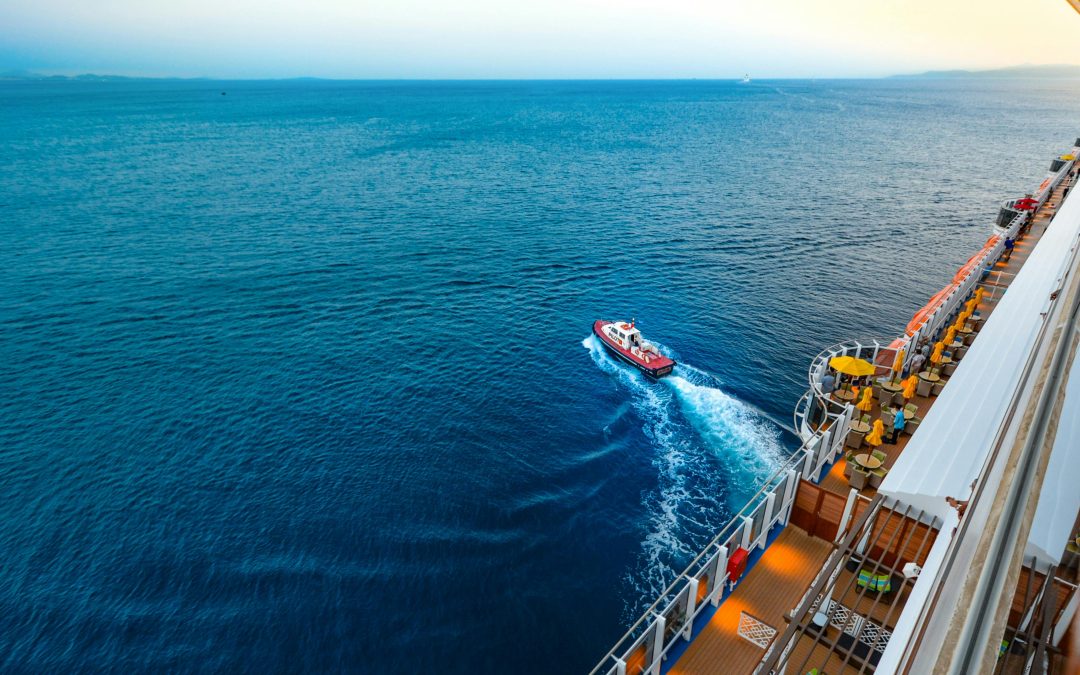This week, Geneva became the hub of innovation dialogue at Redefining Shipping by Klaveness. A critical question took center stage: How can we achieve a 100% carbon reduction by 2050 while expanding the fleet by 40%?
Moderated by Nisha Pillai, a former BBC World News presenter, the event began with dry bulk and tanker market updates followed by a keynote from our CEO, Ernst Meyer, urging us to rethink what it means to redefine shipping. “This isn’t just about fuel; it’s about processes and business models that must change to meet 2050’s ambitious goals. The next 25 years in our industry will be shaped by entirely new parameters,” Meyer stated.
Meyer signaled that structural inefficiencies can only be addressed if we create commercial pressure, such as through carbon taxes. The question remains, how does this affect the end consumer? According to Ernst – not much, “there might be a 5 cent increase on a loaf of bread, while the positive impact on global supply chains is significant”.
Removing the Blindfold: Can data really enable efficiency in maritime supply chains?
The conversations started with an animated panel featuring Rahman Moayeri, Director of Supply Chain Raw Materials at Alcoa, Jonathan Hadley, Head of Commercial Bauxite & Alumina at Hydro Aluminum, Ingrid Kylstad, Managing Director of Klaveness Digital and Michael Jørgensen, Managing Director of Klaveness Dry Bulk, who discussed the use of data in maritime supply chains. They emphasized that data provides a comprehensive, predictive view of the supply chain, eliminating guesswork. However, challenges like resistance to tech adoption were acknowledged. Despite this, the panel agreed that the value of data-driven decision-making is undeniable.
The discussion also covered the benefits of leveraging technology from shipping companies with industry-specific expertise, along with the hot topic of AI.
Innovation in Shipping: A wake-up call
Engebret Dahm, CEO of Klaveness Combination Carriers (KCC), delivered a compelling talk on innovation in shipping. He highlighted the contrast between the rapid advancements in telecommunications and automotive industries and the slower pace within shipping. Dahm detailed how focusing on trading efficiency, along with operational and energy initiatives, eases the transition to low-carbon fuels.
Leonardo Ferreira, Trading Managing Director at Raizen, joined the conversation to discuss the collaboration between Raizen and KCC. He outlined the synergy between Raizen’s unique trade routes and KCC’s combination carriers, which have achieved a 40% reduction in carbon emissions and very minimal ballasting time—showcasing their aligned sustainability goals.
Are Our Sustainability Goals just Admirable?
The event concluded with a fireside chat between Pillai and Meyer that summarized the key insights and addressed questions on the practical application of sustainability goals.
Meyer reflected, “Although our sustainability goals may be admirable, we aren’t pursuing them solely due to an ideology to change the world. They must align with sound business principles—our models and investments must remain profitable.”
The Redefining Shipping event provided maritime industry leaders with a valuable platform to share insights on sustainable practices and innovative strategies. Strategies essential for the industry’s progress toward 2050.
Source: Torvald Klaveness






